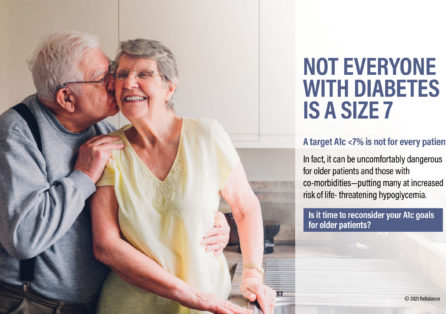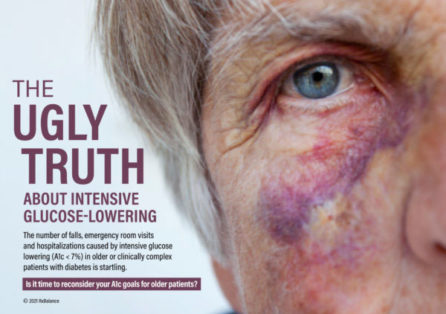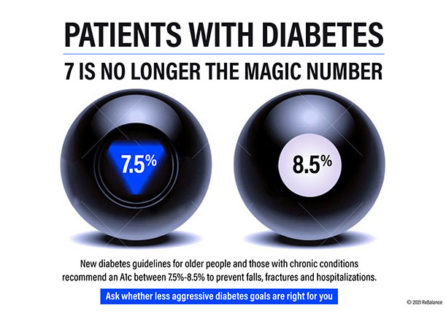Communication Experts
RxRxBalance Communication Philosophy
We are medical advertising creatives trained in solving critical communications challenges. Our approach to communicating with clinicians and patients is adapted from intensive training and apprenticeships with the medical communication companies that sadly shape medical practice in America.
Strategize ruthlessly.
Research, planning, and understanding your audience are key to communicating effectively with clinicians and patients.
Change how people think.
Beliefs, not facts, drive people’s thinking. If you want to change healthcare behavior, check your emotions at the door and start listening to your audience. Accept that most people believe they know the facts and do not want to be corrected. Bombarding people with facts may backfire, leading people to hold on more tightly to their misinformed beliefs.
Simplify your story.
Use evidence sparingly, citing agreed-upon facts. Embrace the fact that many (including clinicians) do not understand numbers and statistics. Metaphors and stories – backed by a few evidence points – increase uptake and retention of your key messages
Test your content.
Test and refine your content with a metric that is specific, measurable, achievable, and relevant. Continuously refine and improve your content based on user feedback. Create content designed to change behavior, not merely to inform.
Implement your plan.
You put your passion, time, money and resources into developing relevant, complex clinical content to improve patient care. Create an action plan early on so your content is seen, budgeting for “push” marketing such as social, paid and digital media.



